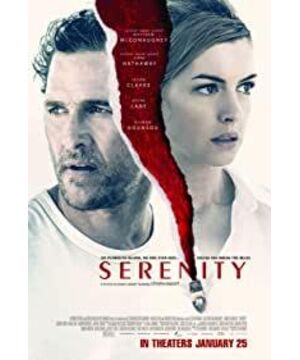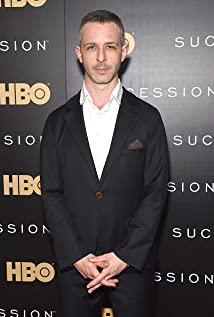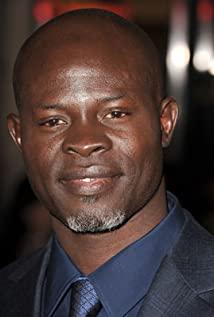It may be that the pressure has been too great recently, which gave me the courage to post a film review here. There are some problems with the structure, because I really can’t grasp it.
At the beginning of the film, from the eyes of the little boy Patrick into the world of the male protagonist John, this has already been pavement, and John’s world is actually created and imagined by the boy.
The boy’s father died in the war, his mother remarried to a violent man, and was forced to live in a lonely and dark environment, so he played his own specialties and wrote John (the protagonist of the game) based on his father in the computer. ). The movie is mainly based on John's bad life, and slowly reveals the ending of the story for us.
I think we should first think about why Patrick programmed this game in the film. This is also essential for the interpretation of the theme of the film. Is it because of missing your father or is it to break the trouble of domestic violence? I think it should be the latter. Because in terms of the content of the film, it is true that Patrick killed his stepfather after John completed the killing mission in the "game", so the setting of the film is dark, and the whole plot only gradually promotes Patrick's desire for revenge.
If Patrick programmed the game because he missed his father in the film, Patrick shouldn't kill his stepfather at the end. And the whole film is mainly done from the perspective of the virtual character of John. We see more of the game character than the producer. It was Patrick who made John's thoughts of him, which is not real and meaningless. Movies can fully reflect the sophisticated production of modern games. Games are not just games, games have developed into an art. But now we can only see that the movie only focuses on the growth experience of minors.
The above is my understanding of the theme of "Tranquility".
The film’s audiovisual language, close-up shots and repeated montages impressed me. In the plot of John's fishing trip, the lens repeatedly gave close-ups of the fishing rod, mainly to create suspense for the audience, "whether the big fish has been hooked?" It connects the emotions of the characters and the audience in the film, allowing the audience and John to look forward to the arrival of the big fish. For example, in this part of the plot at the beginning, the camera takes a close-up of the fishing rod from multiple angles (is it an advertisement for selling fishing rods?) The fishing line is slowly pulled until a long line is drawn in the water.
As for repeated montages, as a movie with "games" as the main world, the technique of repeated montages has appeared many times. He not only hinted at John's day-to-day "game life", but also rendered the atmosphere of the film screen, creating an aesthetic environment, and connecting the past and the next. , The logic is clear. For example, in the first half of John's driving on the streets of the island, this part of the shot was taken as copy and paste with the following scenes. Harmony and unity, pure and profound.
The above is the audiovisual language and understanding I have observed from "Tranquility".
There have been so many bad things recently that I feel a little high blood pressure. Must find a place to vent. Had to write a film review of "Quiet" in this quiet afternoon. I hope it doesn't give you a feeling of "why show me what I did wrong". thanks.
2019.2.26.-15:05.~In a quiet hotel in Chengdu, Sichuan~19th Hebei Province Broadcasting and Television Directing Major.
View more about Serenity reviews











